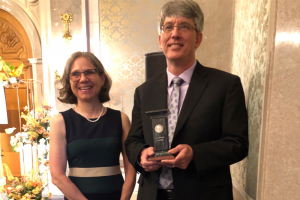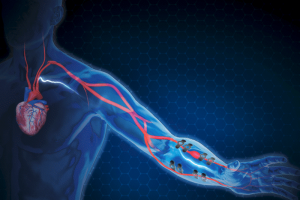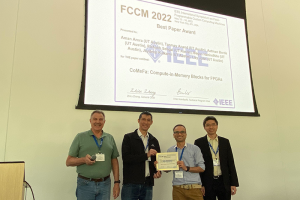News
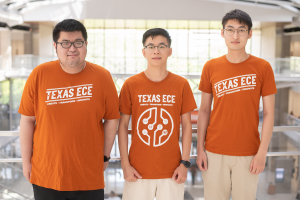
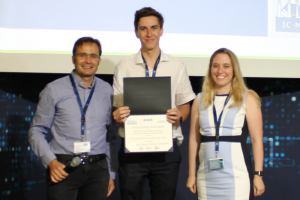
Texas ECE PhD student Jack Kramer has received the Best Student Paper Award from the IEEE International Conference on Microwave Acoustics & Mechanics (IC-MAM) 2022 for his work on "Acoustic Wave Focusing Lens at Radio Frequencies in Thin-Film Lithium Niobate." Kramer is supervised by Prof. Ruochen Lu in the UT RF Acoustic Microsystems Group. The
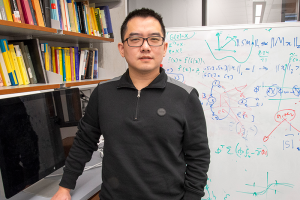
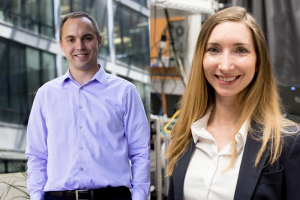
The University of Texas at Austin and Southwest Research Institute (SwRI) have selected five projects to be funded by the Energize Program, a new opportunity for enhanced scientific collaboration between the two institutions focused on energy research.
“I have no doubt that with the combined capabilities and expertise of SwRI and UT Austin, these

